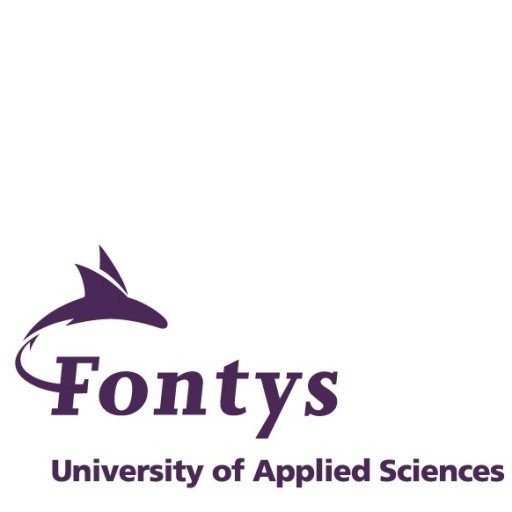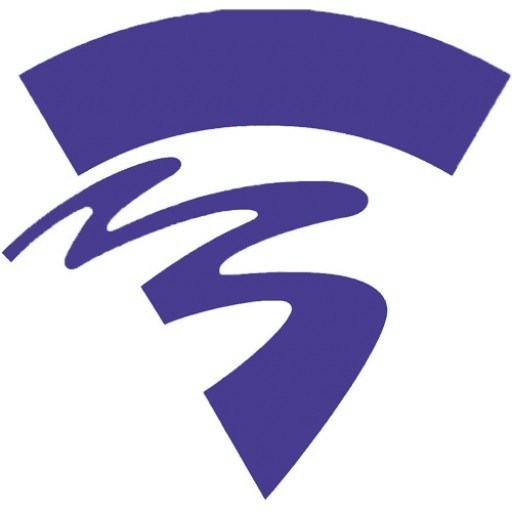Photos of university / #hanzeuas
Electrical and Electronic Engineering — Advanced Sensor Applications is a comprehensive master's degree program offered by Hanze University of Applied Sciences that prepares students for a dynamic career in the rapidly evolving field of sensor technology and embedded systems. This program is designed to equip students with in-depth knowledge and practical skills to develop, design, and implement advanced sensor solutions that are essential in various industries such as healthcare, automotive, manufacturing, and smart technology. Throughout the program, students gain a firm understanding of the fundamental principles of electrical and electronic engineering, coupled with specialized training in sensor design, data acquisition, signal processing, and system integration. Emphasizing innovation and applied research, the program encourages students to develop new sensor applications and improve existing technologies to meet current technological challenges. The curriculum covers areas such as IoT (Internet of Things), embedded systems, wireless sensor networks, and energy-efficient sensor design, preparing graduates to work on cutting-edge developments in sensor-based applications. Practical laboratory sessions, real-world projects, and internships with industry partners provide students with valuable hands-on experience and industry insights. The program aims to foster an entrepreneurial mindset, enabling graduates to contribute to technological advancements and create innovative solutions for societal needs. With a focus on international collaboration and multicultural learning environments, students also enhance their teamwork, communication, and problem-solving skills in diverse settings. Graduates of this program are well-equipped for careers in research and development, product design, system engineering, and consultancy roles within the high-tech industry. Overall, the Electrical and Electronic Engineering — Advanced Sensor Applications program at Hanze University of Applied Sciences offers a robust foundation in sensor technology, combined with practical experience and industry engagement, to prepare students for a successful professional future in the high-tech and sensor solutions sectors.
First year
The semesters of the first year focus on healthcare and energy, respectively. The curriculum covers a wide range of subjects related to sensor technology, electronics, mathematics, computer programming, biology and chemistry, as well as extensive English and professional skills lessons. Students gain the knowledge required to enter the main phase of the programme.
Second year
The main phase of the bachelor’s programme begins in the second year. Subjects are based on the themes around monitoring and control, signal processing and robotics. Examples of subjects you will have in this year are modelling and simulation, robotics, object oriented programming, data communication in sensor networks and control theory.
Third year
The third year provides students with more in-depth knowledge regarding sensors. The socially relevant nature of each semester becomes more apparent by solving sensor related problems for external customers. Students are also able to make the programme more personal during the third year. This year is centred around the themes Research and Development and Internet of Things. In the third year you will also start a student company with students from other bachelor programmes.
Fourth year
In the final year of the bachelor’s programme students can specialise in one of the following areas: Research and Development or Entrepreneurship. The focus area Research and Development strengthens the practical skills required for system engineering and integration jobs when employed by a company with sensor-intensive interests. The focus area Entrepreneurship strengthens the entrepreneurial skills required for starting a new business in the sensor application field. During the first semester students complete a minor related to their specialisation. This is followed in the second semester by a graduation project at a national or international company
or organisation. After successful completion of the bachelor’s programme, graduating students are awarded an internationally recognised Bachelor of Science degree.
Both Dutch and international students are welcome to apply for the bachelor’s programme. International students need to have completed their secondary school qualifications, which need to be equivalent to the Dutch HAVO diploma. Mathematics and physics are also needed for entry into both programmes. As Sensor Technology is taught in English, you may have to prove your English language proficiency, depending on your educational background and nationality.
Tuition Fees 2018-2019
EU/EEA students: € 2,060
Non-EU/EEA students: € 7,700
Careers prospects
Many of our graduates will be employed in areas where the emphasis is on creating new systems, and therefore will become Technical Designers. A smaller number of the graduates become Technical Advisors. There will also be graduates who may become Project Leaders or Academic Researchers. You may even use the entrepreneurial skills you have developed to set up your own company.
Hanze UAS Master's Programmes
Another possibility is to continue with a master’s programme, like Sensor System Engineering. The master’s programme concentrates on finding relevant information and services in big data, moving from a proof of concept to a prototype.








